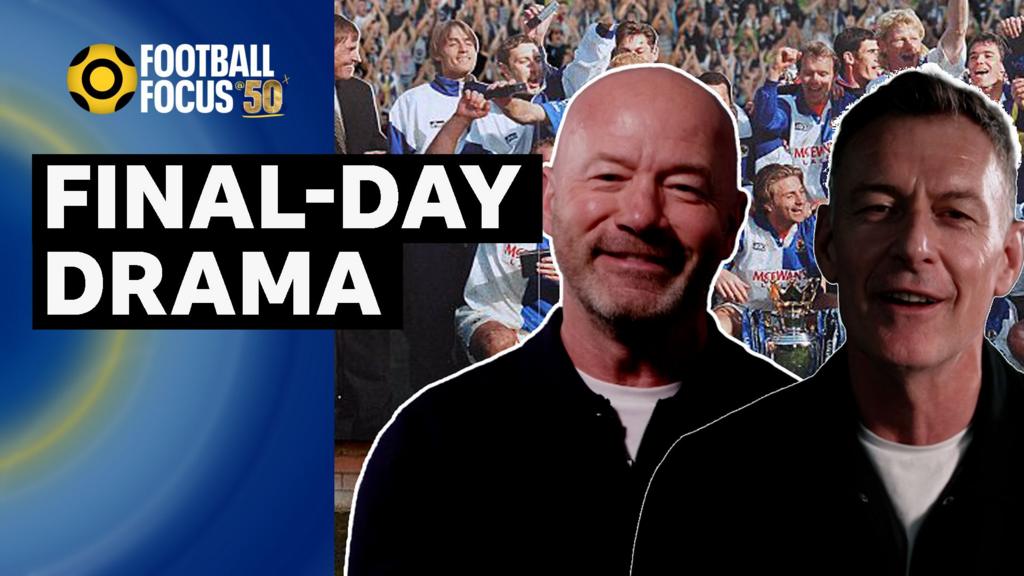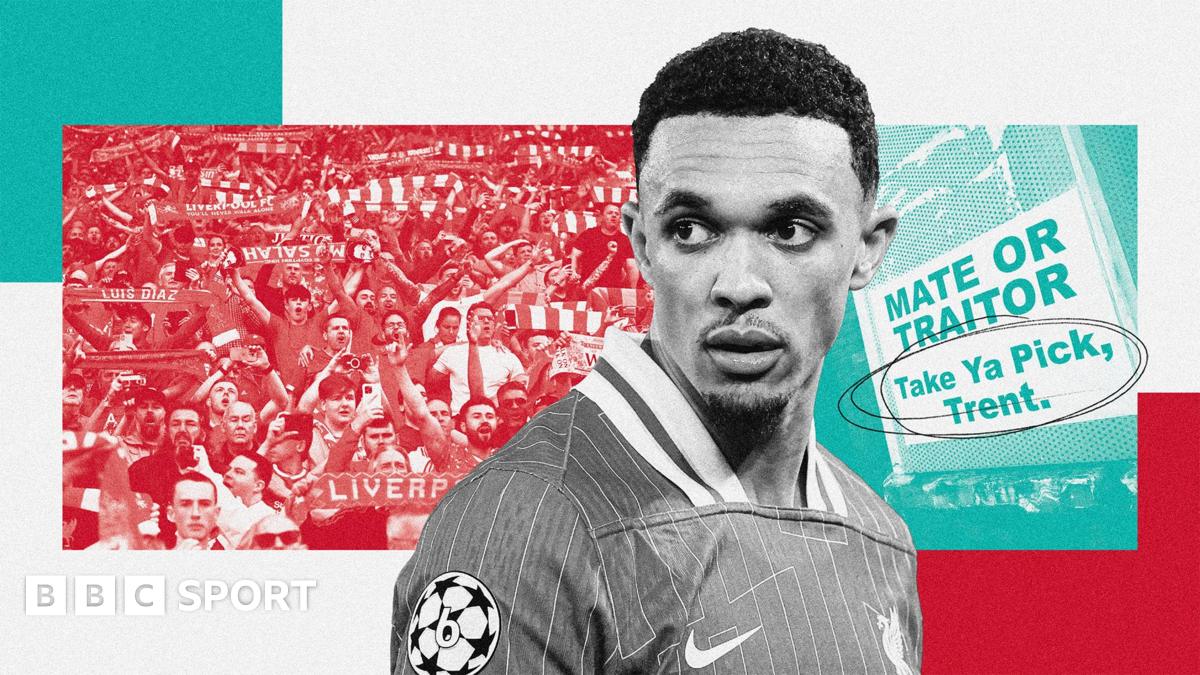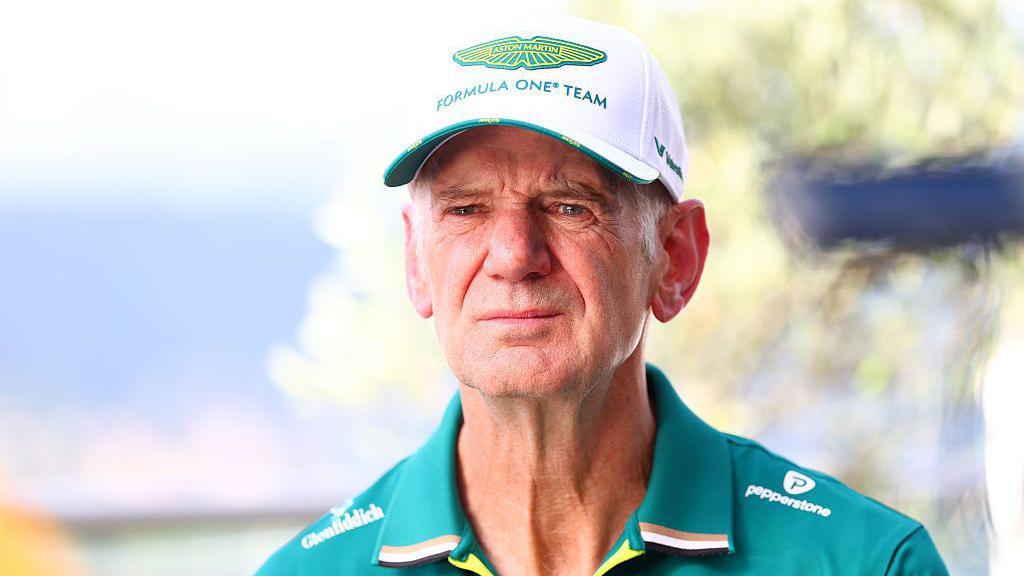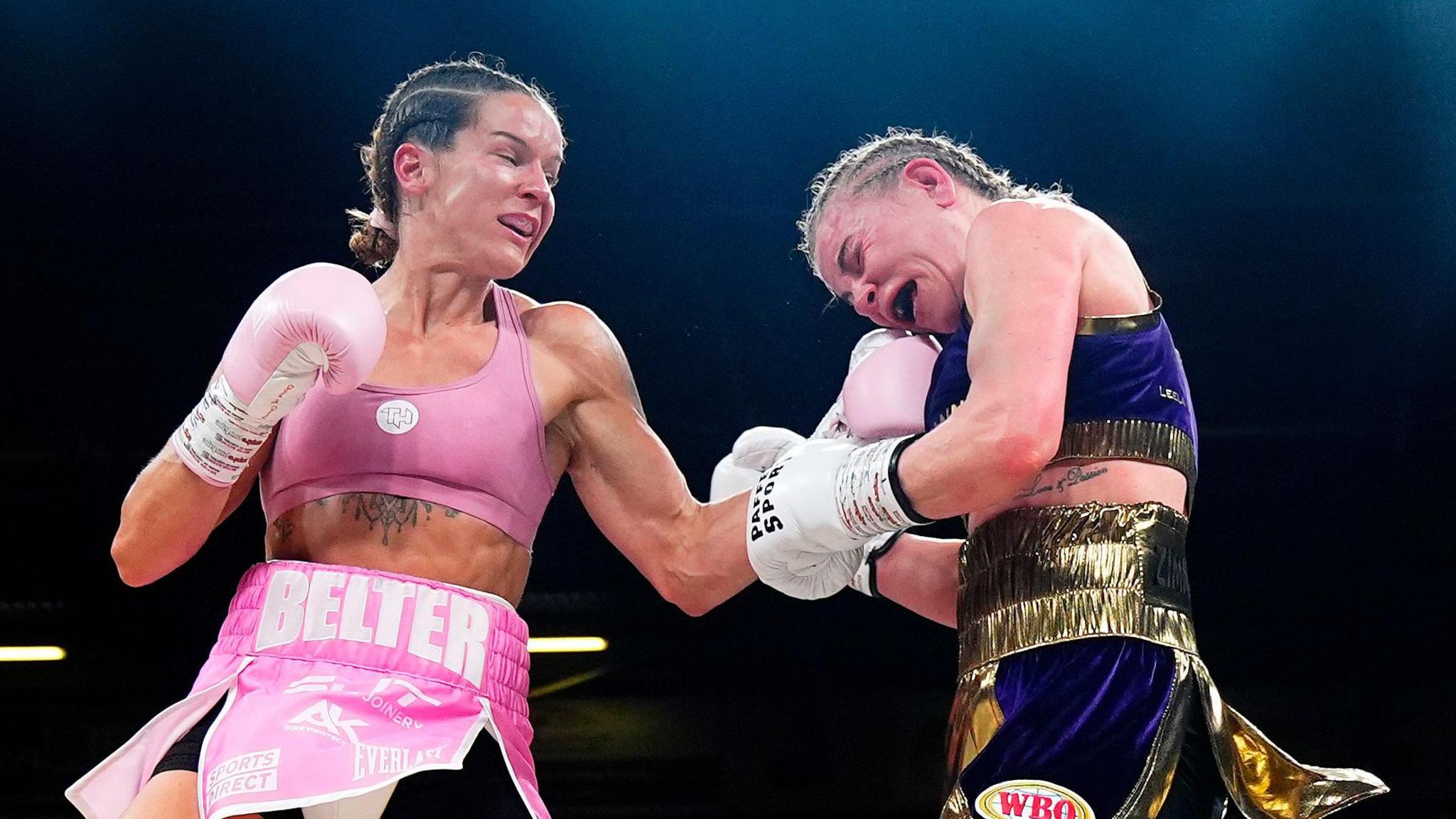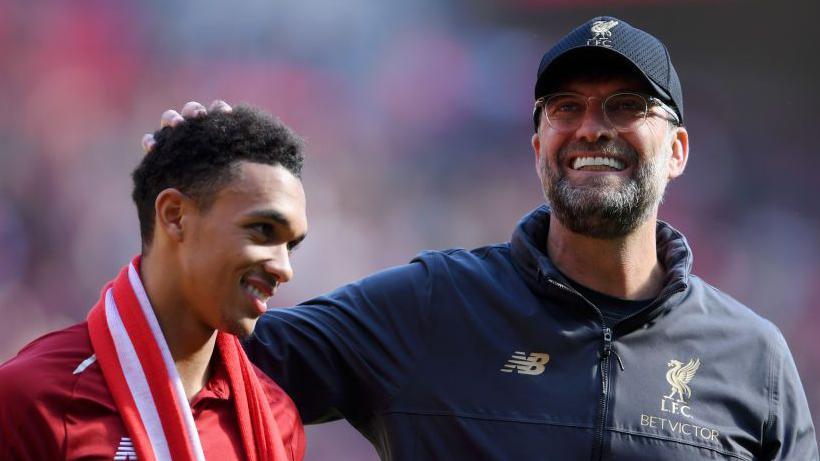Dunk, 33, stated in a 2022 interview that he wanted to remain “a one-club man” at Amex Stadium.
Not many people get to do that in your hometown because I was born here, my childhood was here, and I’ve played for and led the club, he said.
But Dunk is not your typical footballer.
Fans may dream about playing for the club they support, but it doesn’t often turn out that way for players.
It’s “sometimes really hard for supporters,” he says, “because you feel like they fall for it.” This player really loves us’… and then they move on, “former Liverpool defender Jamie Carragher said on Sky Sports”. Players don’t think like supporters do.
“He]Alexander-Arnold will lose something in front of the Liverpool fans right now,” he said.
” Some people will say playing for Real Madrid… that price isn’t worth paying. Real Madrid is the biggest club in the world, despite the claims that you must play there.
He has given up on that, he claims. That’s his decision”.
Additionally, being a local player has its drawbacks.
Chris Sutton won the Premier League with Blackburn Rovers between 1994 and 1995, but Norwich was his first professional team.
The former striker was born in Nottingham but his family moved to Norfolk when he was a couple of years old, so for him it was his hometown club.
When playing for your neighborhood club, is there a difference? Yes, because you are deeply committed to the club, your family, and the area. You are playing for them all”, he told BBC Sport.
People always consider how great it is when someone enters and plays for his or her boyhood club, but in many ways there is more pressure than when you relocate.
Because you are a local lad, you don’t always get more fans’ cries, which is a result of the environment and the expectations at clubs. A lot of the time now, fans expect immediate success from these players coming through. They want the finished product, according to them.
